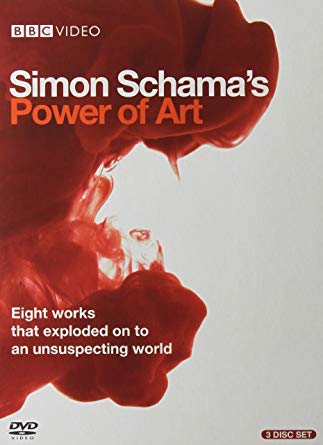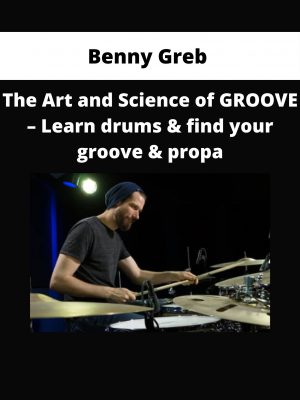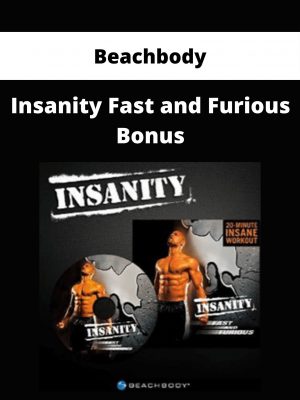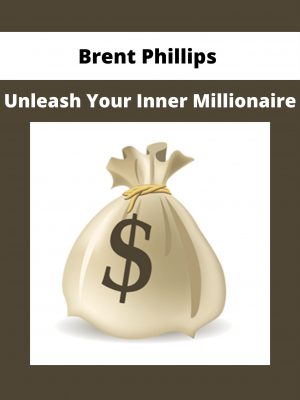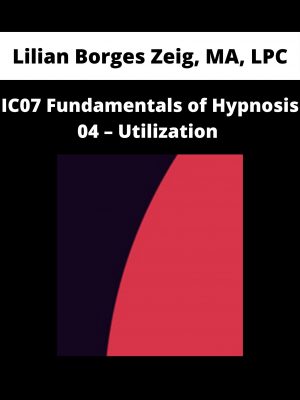Simon Schama – Power of Art
$77 Original price was: $77.$26Current price is: $26.
Shopping Instructions:
- DISCOUNT 15% : SHOP15
- Product Delivery: Within 1 – 12 hours after purchase.
The segment on Van Gogh is, as expected, emotional, yet Schama convincingly portrays Van Gogh as not consumed by madness, but fighting off the episodes with painting.
File size: 3.7 GB
Simon Schama – Power of Art
Simon Schama’s Power of Art (DVD)
Beautiful. Fascinating. Emotional. Art is all of the above. But only a few are powerful. These are the works that not only lift you off your feet in their sheer artistry, they forever alter the human psyche. Focusing on eight iconic works of art, Power of Art reveals the history of visual imagination through the ages, from the murderous world of baroque Rome to paranoid, revolutionary Paris; from the carnage of civil-war Spain to the paradox of 1950s New York, caught between Cold War jitters and Manhattan glitter. A combination of dramatic reconstruction, spectacular photography and Simon Schama’s unique, personal style of storytelling transport the viewer back to the intense moments that great works were conceived and born. The eight works of art profiled in this series are: Caravaggio’s David and Goliath; Bernini’s The Ecstasy of St. Theresa, Rembrandt’s The Conspiracy of Claudius Civilis; David’s Death of Marat; Turner’s The Slave Ship; Van Gogh’s Self-Portrait; Picasso’s Guernica and Rothko’s Seagram Building Murals.
]]>
Amazon.com
Watching Simon Schama’s Power of Art is like taking an Ivy League course in art appreciation, with the folksy but knowledgeable Schama as guide and interpreter. A collection of hour-long films on eight seminal artists and their groundbreaking works, which originally aired on British television, this boxed set is as entertaining as it is enlightening, with Schama doing for Western art what, say, Steve Irwin did for Australian natural history. Eight artists are featured–Caravaggio, Bernini, Rembrandt, David, Turner, Van Gogh, Picasso, and Rothko–and each portrait of the artist weaves biography and historical context to help explain the true power of his works.
Get immediately download Haled Simon Schama – Power of Art
The segment on Van Gogh is, as expected, emotional, yet Schama convincingly portrays Van Gogh as not consumed by madness, but fighting off the episodes with painting. Van Gogh painted one of his most evocative works, Wheat Field With Crows, which even his brother, Theo, recognized was about to put his brother on the artistic map. Yet, as Schama points out, within weeks, Van Gogh had killed himself. “Now why would he want to do that?” Schama muses–and then proceeds to narrate the tormented tale of the answer. Along the way, the viewer gains new appreciation for Van Gogh’s signature works, including his famous sunflowers. “Technically, these are still lives,” Schama says, “but there’s nothing still about them… the sunflowers [seem to be] organisms landing violently from a burning sun.” If the reenactments of the artists’ lives are a bit overdone, it’s forgivable, since the cumulative effect, in an hour, is a new appreciation of the work and the man.
Extras include frank and very funny commentaries by Schama and his co-producer, and lots of behind-the-scenes dish on how certain scenes were achieved. The teeming French opera scene in the “David” episode, for instance, was cast using just 20 French extras and then the rest created by CGI–“the scene works better, really, than [the film] King Kong,” Schama says with delight. –A.T. Hurley
Related products
Other Courses
Other Courses
Other Courses
Other Courses
Other Courses



